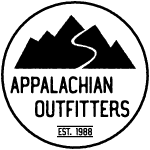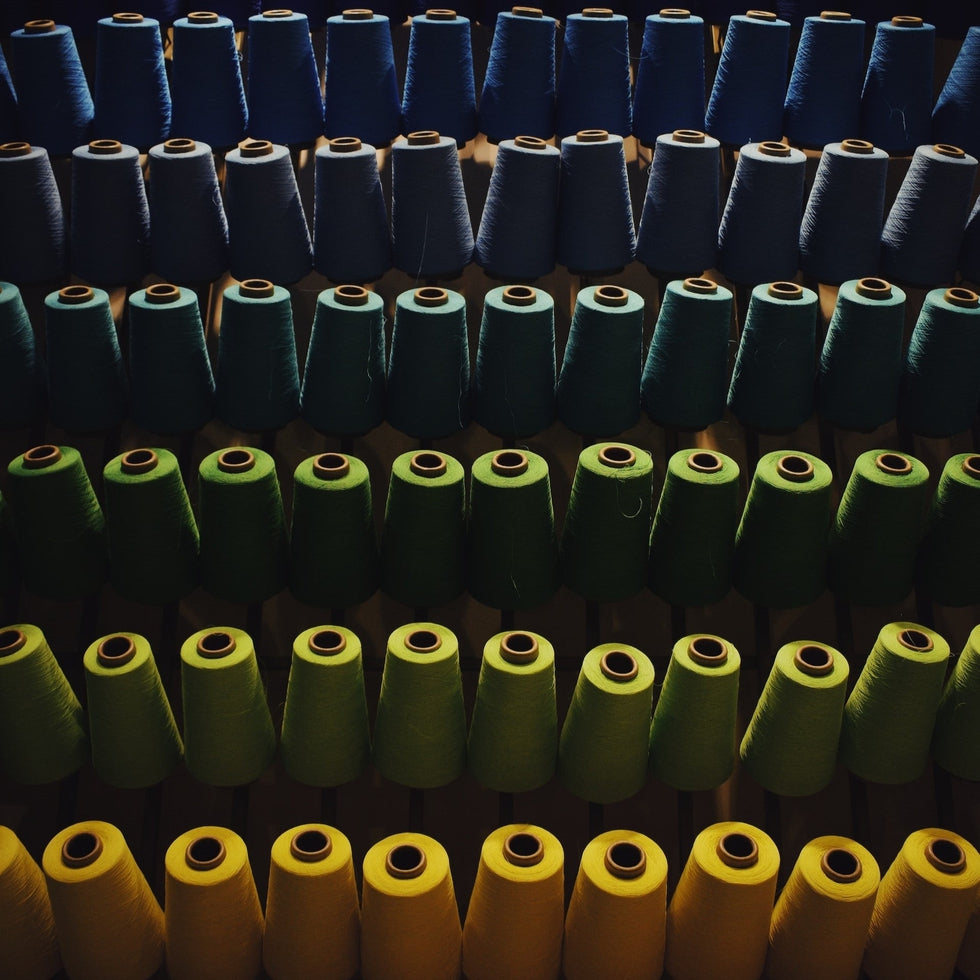As consumers, we are becoming more aware of the impact our purchases have on the environment and the people who make our products. It can be overwhelming to navigate the numerous labels and certifications, and it's often unclear which ones are meaningful. One certification that you may have come across is Bluesign, and in this article, we will explore what it is and why it matters.

What is Bluesign?
Bluesign is a certification system that was created in 2000 by Swiss textile manufacturers. The system's aim is to ensure that textiles and the chemicals used in their production are safe for the environment, consumers, and workers. The Bluesign system has since been adopted by numerous textile and chemical companies around the world.
The Bluesign system uses a holistic approach that covers the entire production process, from raw materials to finished products. It focuses on reducing the environmental impact of textile production by promoting sustainable practices and reducing the use of harmful chemicals. The system also ensures that the rights and safety of workers are protected throughout the supply chain.
The Bluesign certification process involves evaluating and approving each step of the production process, from the chemical inputs to the finished product. Companies that meet the Bluesign criteria are then given a Bluesign certification, indicating that their products have been manufactured with sustainable practices and are safe for the environment, consumers, and workers.
Why does Bluesign matter?
There are several reasons why Bluesign certification matters for end consumers.
Reduced environmental impact
The textile industry is one of the largest polluters in the world, with the production of clothing and textiles contributing to a significant amount of carbon emissions, water pollution, and waste. By certifying products under Bluesign, companies commit to reducing the environmental impact of their production processes, including reducing water usage, energy consumption, and the use of harmful chemicals.
Safe for consumers
Many chemicals used in textile production can be harmful to human health, such as formaldehyde, heavy metals, and phthalates. By certifying products under Bluesign, consumers can be confident that the products they are buying have been produced using safe and non-toxic chemicals.
Protecting workers' rights
Textile production is often associated with poor working conditions, low wages, and exploitation of workers. The Bluesign system ensures that workers' rights are protected throughout the supply chain, from the raw material producers to the finished product manufacturers. Companies that are Bluesign certified are committed to fair labor practices and safe working conditions for their employees.
Transparency
One of the essential aspects of the Bluesign system is transparency. The certification process involves evaluating each step of the production process, from the raw materials to the finished product. Companies that are Bluesign certified must provide detailed information about their production processes and the chemicals used in their products. This transparency allows consumers to make informed decisions about the products they purchase and helps to promote sustainable and ethical practices in the industry.

The Bluesign certification system provides a holistic approach to sustainable and ethical textile production. By certifying products under Bluesign, companies commit to reducing their environmental impact, using safe and non-toxic chemicals, protecting workers' rights, and promoting transparency throughout the supply chain. As consumers, we can make a difference by choosing products that are Bluesign certified, and in doing so, we can support sustainable and ethical practices in the textile industry.

